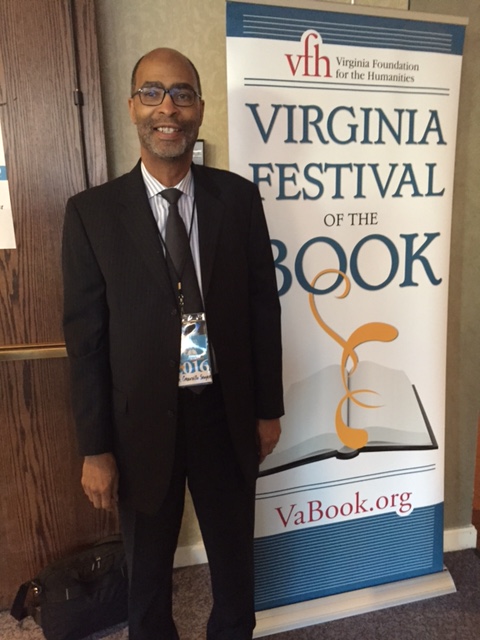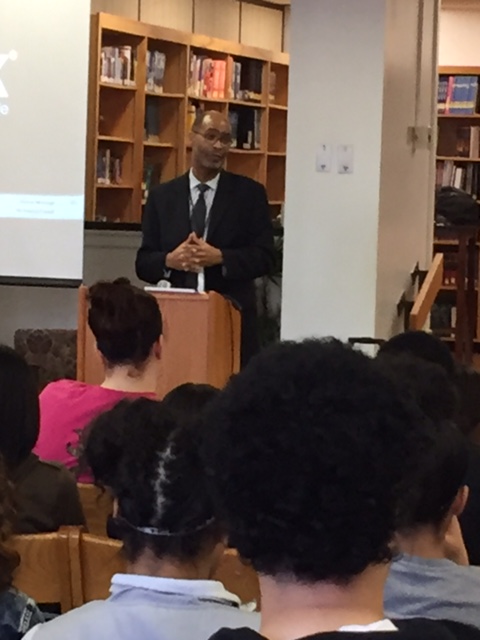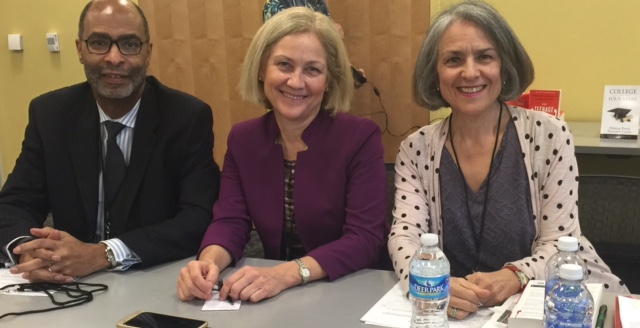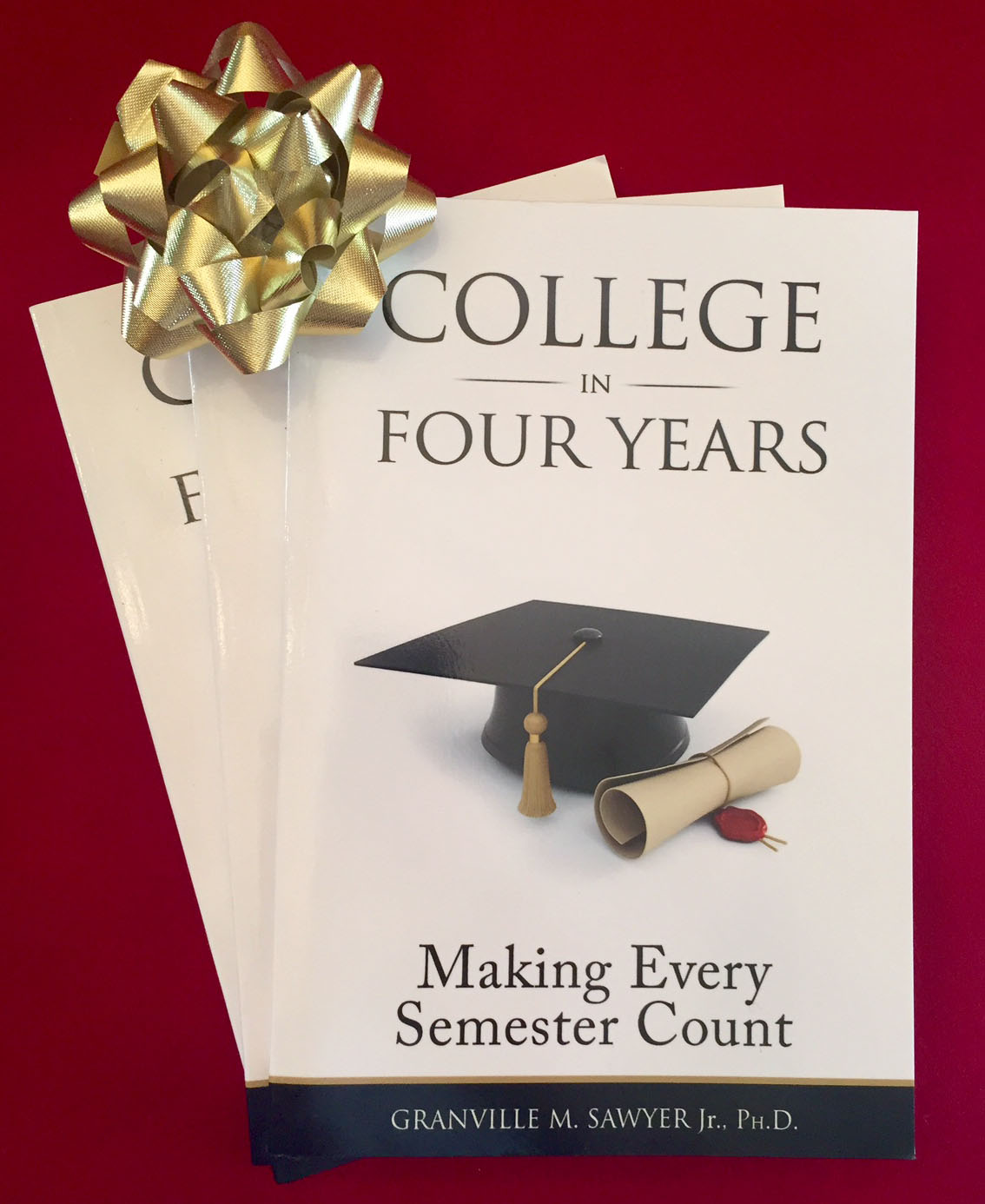
A recent article in the New York Times is a must read for every parent preparing to send a child to college or, has a child in college now. Titled Text Your Way to College, the author, David L. Kirp, a professor at the University of California, Berkley and a senior fellow at the Learning Policy Institute, presents compelling evidence that shows how important information about college is to students preparing to go there – especially students who are the first in their family to attend college.
Dr. Kirp discusses how students getting more and better information about college before applying has a dramatic impact on the colleges they were accepted to. The students who got this information were “78 percent more likely to be accepted by a top-ranked university …” The effect was even greater when a waiver of application fees was included. Kirp’s research clearly shows how important it is that all students get the information they need before college to make the best decisions – especially first in family college students. More research confirmed the value of texting with students after they begin college as a way of staying in contact with them and continuing the flow of information.
Parents, look for programs like these in your child’s high school. If the programs are not there, work with the schools to start them. If the programs are in place, support them in whatever ways you can to ensure that they continue to serve as many students a possible. If they are in jeopardy, fight for them. They are critically important to college success.

 Follow the link below to read about a young man who’s story should be on the national news. Props to the Washington Post for printing this story about him!
Follow the link below to read about a young man who’s story should be on the national news. Props to the Washington Post for printing this story about him!



 I want to let you know that I will be participating in the Virginia Festival of the Book later this month. Here’s a list of the events, dates, times and locations. I hope you can join me there:
I want to let you know that I will be participating in the Virginia Festival of the Book later this month. Here’s a list of the events, dates, times and locations. I hope you can join me there: Give students in college, going to college or considering college the gift of success this holiday season.
Give students in college, going to college or considering college the gift of success this holiday season.

